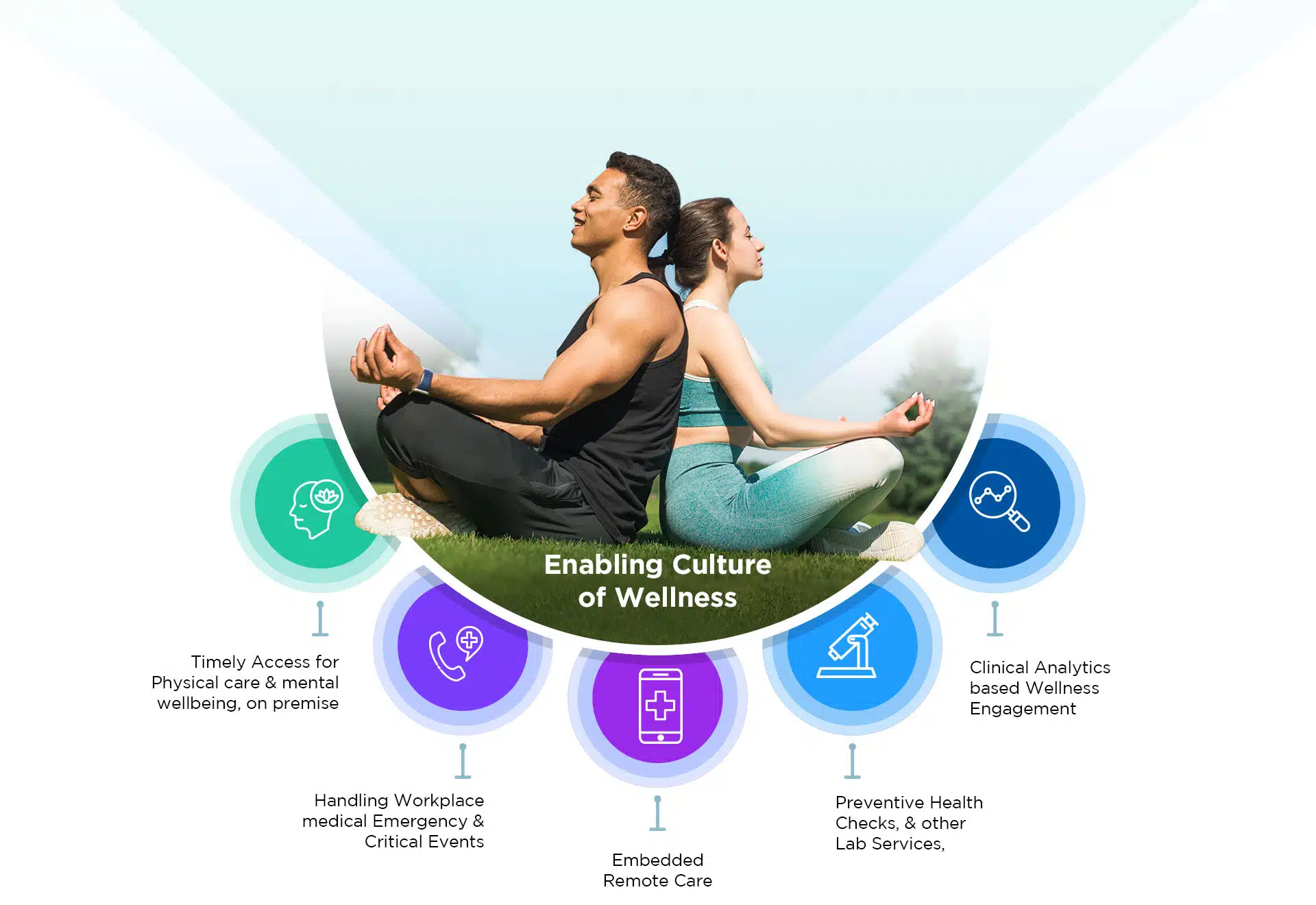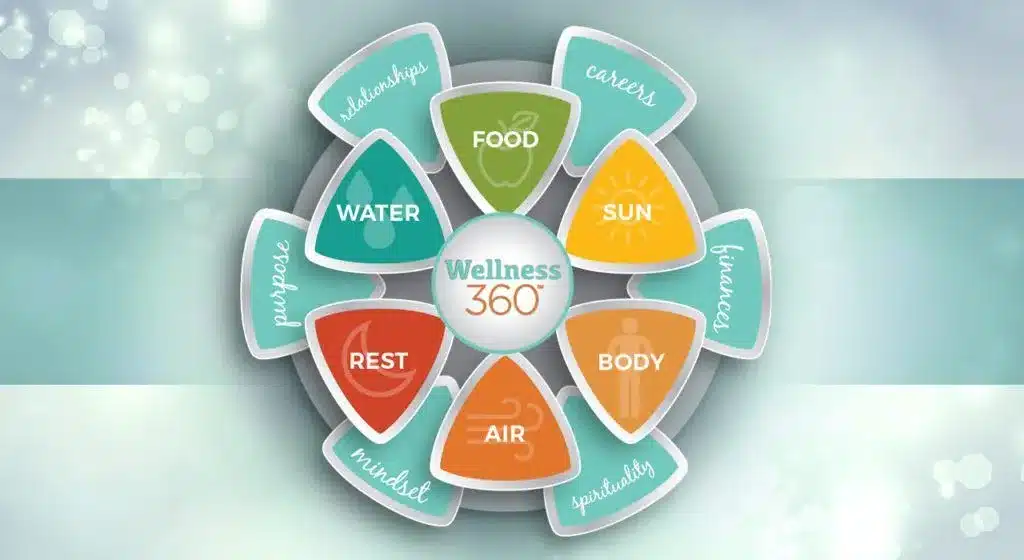Health and wellbeing encompass a holistic approach to living that integrates physical, mental, and emotional health. In today’s fast-paced world, prioritizing health and wellbeing is essential for achieving a balanced life. This guide will explore key components of health and wellbeing, practical strategies for improvement, and the importance of a supportive environment.
Understanding Health And Wellbeing

1. Physical Health
Physical health is the foundation of overall wellbeing. It involves maintaining a balanced diet, engaging in regular exercise, and ensuring adequate rest. A well-rounded diet rich in fruits, vegetables, whole grains, lean proteins, and healthy fats provides essential nutrients that support bodily functions and energy levels. Regular physical activity not only enhances fitness but also boosts mood and reduces stress.
2. Mental Health
Mental health is equally important as it affects how we think, feel, and act. It encompasses emotional stability, resilience, and the ability to cope with life’s challenges. Practices such as mindfulness, meditation, and relaxation techniques can significantly enhance mental wellbeing by reducing stress and promoting a positive outlook.
3. Emotional Wellbeing
Emotional wellbeing involves understanding and managing emotions effectively. Building strong relationships with family and friends provides a support network that fosters emotional resilience. Engaging in activities that bring joy and fulfillment is crucial for maintaining emotional balance.
Key Strategies for Improving Health And Wellbeing

1. Embrace a Balanced Diet
A balanced diet is vital for optimal health. Focus on whole foods while minimizing processed items high in sugars and unhealthy fats. Planning meals ahead of time can help ensure nutritious choices are readily available.
2. Stay Physically Active
Aim for at least 150 minutes of moderate aerobic activity each week. Incorporate activities you enjoy, such as walking, dancing, or cycling, to make exercise a fun part of your routine.
3. Prioritize Sleep
Quality sleep is essential for recovery and overall health. Aim for 7-9 hours of sleep per night by establishing a regular sleep schedule and creating a restful environment.
4. Manage Stress Effectively
Incorporate stress management techniques into your daily routine. Practices like yoga, deep breathing exercises, or spending time in nature can help alleviate stress.
5. Foster Social Connections
Building strong social networks enhances emotional wellbeing. Make time to connect with friends and family regularly to share experiences and provide mutual support.
Challenges to Health And Wellbeing
Despite the importance of health and wellbeing, several challenges can hinder progress:
- Time Constraints: Busy schedules often lead to neglecting physical activity or meal preparation.
- Access to Resources: Not everyone has equal access to healthcare services or healthy food options.
- Mental Health Stigma: Fear of judgment can prevent individuals from seeking help for mental health issues.
Also Read : Health News Roundup: Key Developments In Medicine
Conclusion
Prioritizing health and wellbeing is essential for leading a fulfilling life. By embracing a holistic approach that includes physical fitness, mental resilience, and emotional balance, individuals can enhance their overall quality of life. Implementing practical strategies while fostering supportive environments will empower individuals to thrive in all aspects of their lives.
FAQs
What are the main components of health and wellbeing?
The main components include physical health, mental health, emotional wellbeing, social connections, and lifestyle choices.
How can I improve my mental health?
Practices such as mindfulness meditation, regular exercise, maintaining social connections, and seeking professional help when needed can improve mental health.
Why is nutrition important for wellbeing?
Nutrition provides the essential nutrients needed for bodily functions, influences mood and energy levels, and supports overall physical health.
What role does sleep play in health?
Quality sleep is crucial for recovery, cognitive function, emotional regulation, and overall physical health.
What are some effective stress management techniques?
Effective stress management techniques include mindfulness meditation, yoga, deep breathing exercises, regular physical activity, and engaging in hobbies you enjoy.
How can I ensure I am eating a balanced diet?
Aim to fill half your plate with fruits and vegetables at each meal while including whole grains and lean proteins in appropriate portions. Consider meal planning to help maintain variety in your diet.





